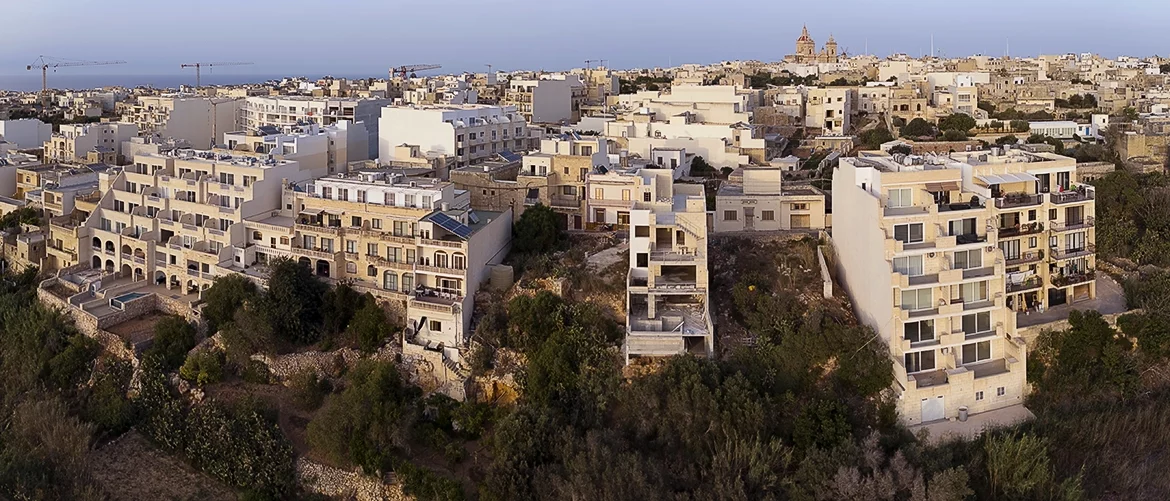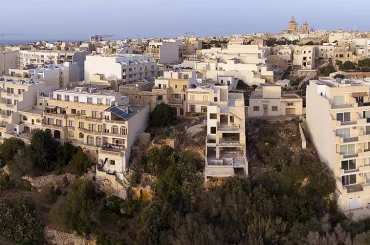For the first time in 20 years, I am going to the polling booth on Saturday with great clarity. By contrast, in the last election in 2022 I was still conflicted on whom to vote for as I was walking into the polling booth – my favourite candidate was a Labour candidate, but I felt ambivalent about the sincerity of Robert Abela’s promises of reform. As for local elections, I have voted for Labour in all the last four election cycles.
This time round, when it comes to European Parliament elections, I have the same clarity that I last experienced in 2003, when the election was set to determine Malta’s destiny in the EU. At the time I voted PN for historic reasons.
And this time, again for historic reasons, I believe Labour must be cut down in size – and eventually voted out. I got this sense of clarity in recent weeks and months as I have watched in aghast the prime minister and other Labour personalities, including Labour’s media, attack a magistrate for having the temerity to do her job. What we have seen in the wake of criminal charges following the conclusion of the hospitals’ inquiry serves to insidiously undermine the rule of law – and demonstrate that there is a law for the powerful, and another for the commoners – and in my mind this means that Labour, once the party for social justice and for the downtrodden, has forfeited much of its moral legitimacy to govern.
But I still plan to vote Labour in the local council elections.
Let me explain.
Besides the charges against high-level people, in a wider way anyone who cherishes justice and accountability would see that the magistrate did something that can potentially have a great chilling effect on corruption.
The events of the past week and months have crystallized something that has been apparent for many months: the government of Robert Abela is either unable or unwilling to carry out the reforms needed, and give the rule of law entities the independence and resources needed, to fight corruption and criminality associated with corruption. Moreover, it is clear that there are key elements within the State working to derail prosecutions of powerful people.
Limited reforms were introduced under great pressure from the EU in the summer of 2020, but in most instances the government still retained an indirect ability to control events and appointments from behind. It has also since started to roll back those changes when the opportunity presents itself, as we have seen in the case of parliament’s standards commissioner, when the government changed the law to appoint the person of its choice (this was one of the laws it had introduced in 2020 under pressure from the EU as well as the imminent blacklisting by the Financial Action Task Force). The only piece of meaningful reform in 2020 was in the system of appointment and removal of the judiciary, which is now independent of the government. But in the past year, Robert Abela has on several occasions taken to gratuitously attacking the judiciary, or shifting blame on the judiciary, for the government’s political troubles or woes.
For some time, there had been hope that the government would implement recommendations made by the public inquiry into the murder of Daphne Caruana Galizia – these included recommendations such as making abuse of power by civil servants a crime and introducing a law on unexplained wealth. Any government that is interested in fighting corruption and criminality would embrace these recommendations, but none of these recommendations have been implemented.
Other entities involved in the fight against corruption and criminality have also unraveled. One of those is the Financial Crime Investigations Department, set up with much fanfare in 2020. But then it started to be eviscerated: its investigators started departing, investigations began to unravel, a disarray started setting in.

At one point a few years ago, I had information about several high-level investigations by the financial crimes department. Some of the investigations were being wrapped up and charges were being planned. My information was solid, originating from within the department itself – but then nothing happened, the prosecutions never materialized.
The hospital privatization mess caps all of this. The civil courts have already held that the deal to privatize the hospitals was not done for the benefit of the nation or the health service. A declaration of that sort by the highest court is so damning that a political party that would put the interests of accountability above any other interest would disown politicians directly or closely associated with this mess, including Joseph Muscat.
Muscat and other top officials have now been charged in the criminal court with serious crimes. But instead of putting distance from Muscat, many elements of the Labour party have defended Muscat, and the prime minister has taken to attacking the inquiring magistrate in a bid to rally partisan or tribal sentiment among Labour voters and mobilise such voters to vote.
Besides the charges against high-level people, in a wider way it is reasonable to assume that anyone who cherishes justice and accountability would see that the magistrate of the hospitals' inquiry did something that can potentially have a chilling effect on corruption. What I mean is that corruption thrives when you have a system of passive enablers or abettors such as financial practitioners who may ignore red flags, government officials who close an eye or follow orders even if knowing those orders are wrong, and so on. And the charges against those who could have done something but instead looked the other away has shaken this system of passive enablers, something that can serve to create an environment which would be inhospitable to corruption.

Another thing that has emerged is that there has reportedly been a deviation from the usual practice of the police interrogating those who were charged, or even arraigning them under arrest. This means that no conditions have been set on the accused, whether that is police bail or bail imposed by the court. This sends the signal that not everyone is equal for the police, and it has an insidious effect on people’s confidence in rule of law in Malta.
And beyond the all-important issue of rule of law, I have also been dismayed by the lack of reform of the planning system. There is widespread discontent at the rampant development and the widespread corruption, including institutional corruption, within the planning system. Yet the only reform of policies announced since the prime minister assigned the planning portfolio to the Gozo minister has been a circular limited to Gozo that requires blank walls to be painted the colour of limestone and facades to be clad in limestone, as well as a second ongoing process that seems intent on making changes to the height limitation policy in order to overcome the steady number of planning permits being revoked by the court. In other words, instead of taking the court’s revocations as a cue to carry out sensible, holistic reform, the government initiated narrow reform limited to overcoming the court’s revocations.

All of this has led me to the grim realization that the present Labour government is not only unable or unwilling to carry out much-needed reform, it is also now an obstacle to much-needed reform, and to justice and accountability.
In this situation, the Labour government has to be voted out or cut down in size. I do not have high hopes for the PN, but just as the new Labour administration in 2013 carried out a spot of progressive social reforms, I believe that a different administration in the next few years would similarly carry out a spot of reforms in rule of law. This would even improve the situation at the Planning Authority, not because the PN is likely to change policies for the better (I do not believe the PN will reform planning policies), but because corruption would possibly find less fertile ground in the planning system and institutional corruption would be shaken by a changing of the guard.
And this gives rise to my clarity: I shall not vote for Labour in any national election, including the European Parliament elections. This week’s election will not change the government, but it could herald a new turn, and it could even serve as a wakeup call for Labour if it is cut down in size.
As for the local elections, the last time round I voted for the Labour candidate Christian Zammit. I still believe in Zammit, he still appears to be the candidate that most closely reflects my values and is likely to be the most outspoken. And since in local elections I have tended to vote for the candidate whom I believe would be best for the locality irrespective of which party that candidate is attached to, once again I am leaning towards voting for Zammit this time round.
Sustain this work
Robustly researched and insightful articles on this website draw from extensive investigations and sources, and take time to produce. I rely on donations to continue this work. Contribute as little as €5 to sustain this work.





